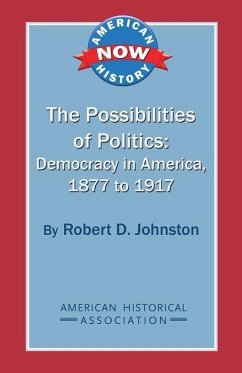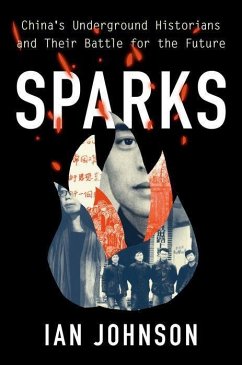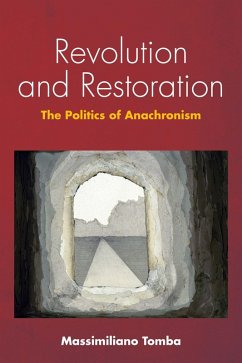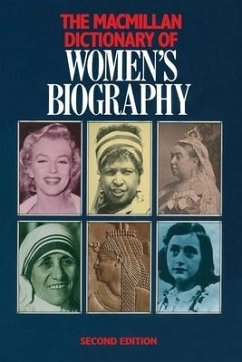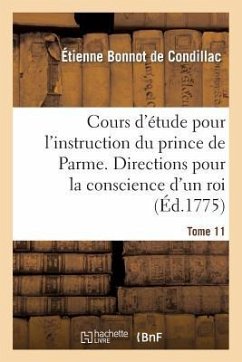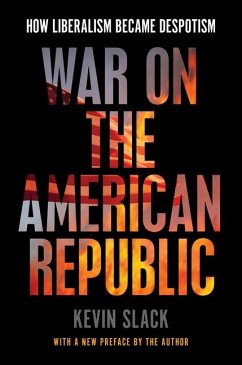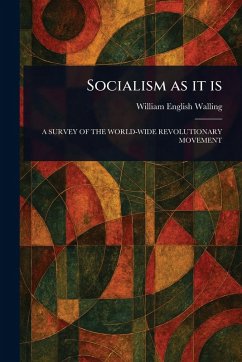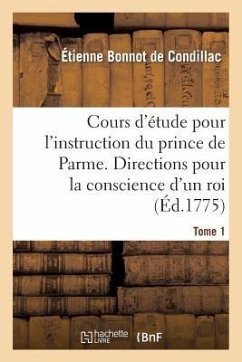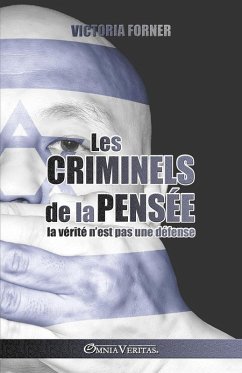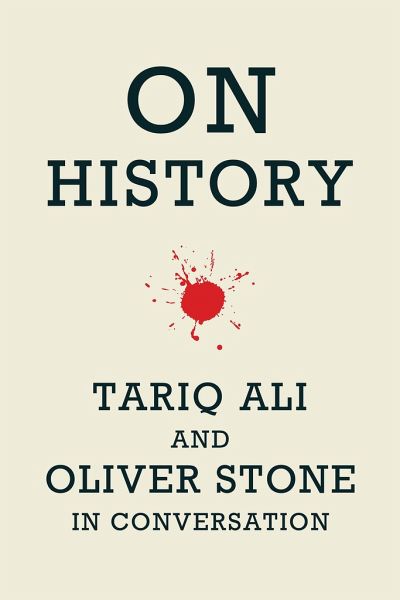
Versandkostenfrei!
Versandfertig in über 4 Wochen

PAYBACK Punkte
6 °P sammeln!




In a wide-ranging conversation, filmmaker Oliver Stone and writer Tariq Ali discuss world history from the seventh century to today.
OLIVER STONE has won Oscars for directing ?Born On The Fourth Of July" and ?Platoon", and for writing ?Midnight Express". He was nominated for director (JFK) and co-writer (Nixon). He's also received three Golden Globes for directing (?Platoon", ?Born On The Fourth Of July" and ?JFK"), one for writing (?Midnight Express"). He is director for the forthcoming Showtime 10-hour series ?Forgotten History of the United States." > Stone was born September 15, 1946 in New York, New York. Prior to his film career, Stone worked as a schoolteacher in Vietnam, a Merchant Marine sailor, taxi driver, messenger, production assistant, and sales representative. He served in the U.S. Army Infantry in Vietnam in 1967-68. He was wounded twice and decorated with the Bronze Star for Valor. After returning from Vietnam, he completed his undergraduate studies at New York University Film School in 1971. * TARIQ ALI is a writer and filmmaker. He has written more than two dozen books on world history and politics, and seven novels (translated into over a dozen languages) as well as scripts for the stage and screen. He is an editor of New Left Review and lives in London. His website is http://tariqali.org/.
Produktdetails
- Verlag: Haymarket Books
- Seitenzahl: 180
- Erscheinungstermin: 8. November 2011
- Englisch
- Abmessung: 207mm x 134mm x 23mm
- Gewicht: 148g
- ISBN-13: 9781608461493
- ISBN-10: 1608461491
- Artikelnr.: 33323670
Herstellerkennzeichnung
Libri GmbH
Europaallee 1
36244 Bad Hersfeld
gpsr@libri.de
Für dieses Produkt wurde noch keine Bewertung abgegeben. Wir würden uns sehr freuen, wenn du die erste Bewertung schreibst!
Eine Bewertung schreiben
Eine Bewertung schreiben
Andere Kunden interessierten sich für



